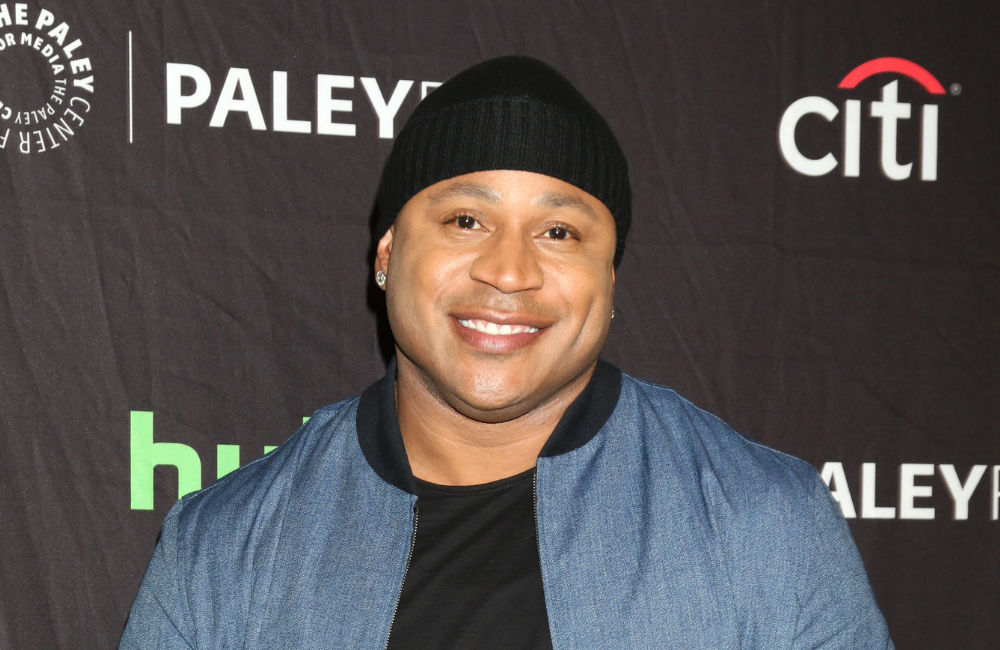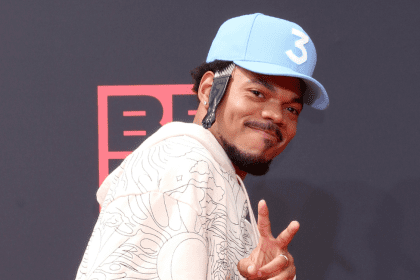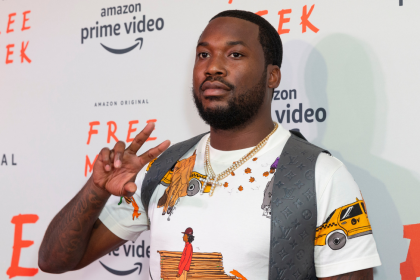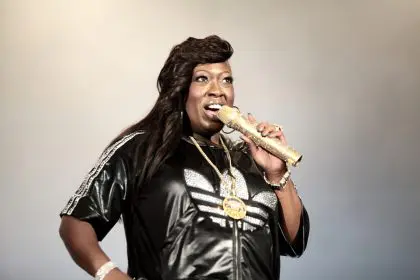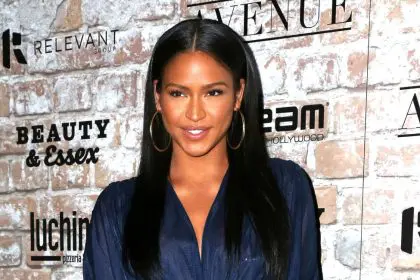Hip-hop veteran LL Cool J delivered a striking blow to Philadelphia’s Independence Day celebrations when he announced his withdrawal from the city’s premiere July 4th concert, choosing solidarity over stardom in support of thousands of striking municipal workers.
The rapper and actor pulled out of the Wawa Welcome America concert on Benjamin Franklin Parkway less than 24 hours before showtime, citing his unwillingness to cross picket lines established by city employees demanding better wages and working conditions.
Speaking directly to fans through an Instagram video, LL Cool J made clear his position: he refused to perform while workers fight for living wages, representing a conscious choice between profit and principle. He emphasized there was absolutely no way he could perform, cross a picket line, and pick up money when people are fighting for a living wage.
Strike creates historic labor standoff
The labor dispute that prompted LL Cool J’s withdrawal marks Philadelphia’s first major municipal work stoppage in nearly four decades. More than 9,000 city employees, represented by AFSCME District Council 33, walked off their jobs July 1, creating significant disruption to city services during one of Philadelphia’s busiest tourism weekends.
The financial disagreement centers on wage increases, with union representatives demanding 5 percent annual raises over three years while Mayor Cherelle Parker’s administration offers 7 percent total over the same period. This gap has proven insurmountable in negotiations, leading to the current impasse.
Workers participating in the strike include employees from multiple city departments, creating ripple effects throughout Philadelphia’s infrastructure and public services. The timing, coinciding with Independence Day festivities, amplifies the strike’s visibility and impact on the city’s economy.
Celebrity support resonates beyond entertainment
LL Cool J’s decision reflects a growing trend of celebrity activism intersecting with labor movements. His choice to prioritize workers’ rights over personal financial gain demonstrates how entertainment figures can leverage their platforms to spotlight social justice issues.
The rapper’s stance particularly resonates within communities historically marginalized in labor negotiations. His withdrawal from the concert serves as a powerful symbol of solidarity, showing how individual actions can amplify collective movements for economic justice.
Mayor Parker responded graciously to LL Cool J’s decision, acknowledging his right to stand with striking workers. She expressed awareness of his decision and spoke with him personally, stating her respect for his choice and understanding of his desire to see the city unified. Parker emphasized that he remains always welcome in Philadelphia.
Labor movement gains unexpected spotlight
The involvement of a high-profile performer has thrust Philadelphia’s labor dispute into national conversations about workers’ rights and fair compensation. LL Cool J’s platform extends far beyond Philadelphia, potentially influencing public opinion about municipal workers’ demands across the country.
This celebrity endorsement arrives at a crucial moment for American labor movements, which have seen renewed energy following successful strikes in various industries. The Philadelphia situation now serves as a test case for how public figures can effectively support workers without directly participating in political negotiations.
Looking forward through uncertainty
Despite canceling his scheduled performance, LL Cool J left the door open for future Philadelphia appearances, contingent on successful resolution of the labor dispute. He expressed hope that the mayor and the city can reach a deal, stating his intention to remain in town while making clear he would not cross a picket line to perform for money when people are hurt.
The rapper’s decision to remain in Philadelphia despite canceling his performance signals continued engagement with the situation. This approach allows him to monitor developments while maintaining his principled stance against crossing picket lines.
Cultural impact beyond concert cancellation
LL Cool J‘s withdrawal from the Wawa Welcome America concert represents more than a scheduling change—it embodies a cultural moment where entertainment intersects with social responsibility. His decision challenges other performers to consider their roles in supporting working-class Americans.
As Philadelphia navigates this complex situation, LL Cool J’s solidarity with striking workers stands as a reminder that individual actions can amplify collective movements for economic justice. His choice to prioritize principles over profit demonstrates how entertainment figures can meaningfully contribute to social change.

